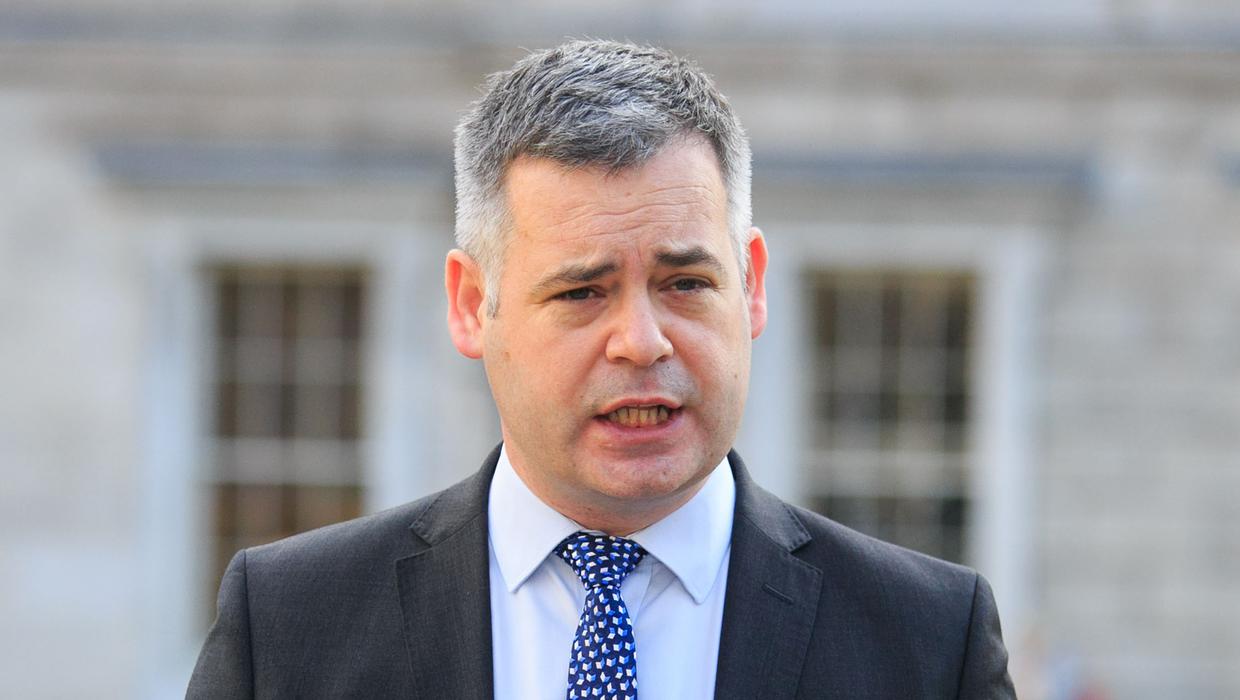DONEGAL deputy Pearse Doherty (SF) has said it is “unacceptable” that children in Donegal are waiting over a year to see a councillor.
The TD has said that Sinn Féin’s Mental Health Action Plan would transform the delivery of mental health services in Donegal.
Deputy Doherty was speaking after he launched Sinn Féin’s Mental Health Action plan in Dublin alongside party spokesperson on Mental
Health Mark Ward TD, spokesperson on Health David Cullinane TD and Spokesperson on Education Sorca Clarke TD.
He added that the plan sets out Sinn Féin’s absolute commitment to delivering widespread and significant change, prioritising mental health care rooted in local communities, ensuring access to the right care, in the right place and at the right time.
“Mental health care is a major issue in Donegal. My office has been contacted this year by parents who have told me that their children are waiting over a year on the CAMHS waiting list. Over a year to see a councillor. This is totally unacceptable.
“Sinn Féin’s Mental Health Action Plan would transform how we deliver mental health services in Donegal and across the state.
“It sets out our absolute commitment to delivering widespread and significant change and a fresh start in mental health care.
“We have engaged in comprehensive engagements with mental health stakeholders from right across the HSE, community and voluntary sector, international experts and with people with lived experience to produce this policy.”
He said his party will “deliver a fully linked up 24-hour service and new investments in key services”.
“We will deliver mental health care at a local level with universal counselling access, statewide access to Jigsaw, and key links to local GPs.
“CAMHS will be replaced with a new Child and Youth Mental Health Service. The upper age for access to these services will increase from 18 to 25, ending the cliff-edge faced by many young adults when they reach the age of 18.”
Deputy Doherty said Sinn Féin would also “plan for and fully funded 20 additional eating disorder beds and community services, implement joint care plans between addiction and mental health services to support people who have a dual diagnosis and re-open Keltoi, the residential dual diagnosis facility closed since 2020”










